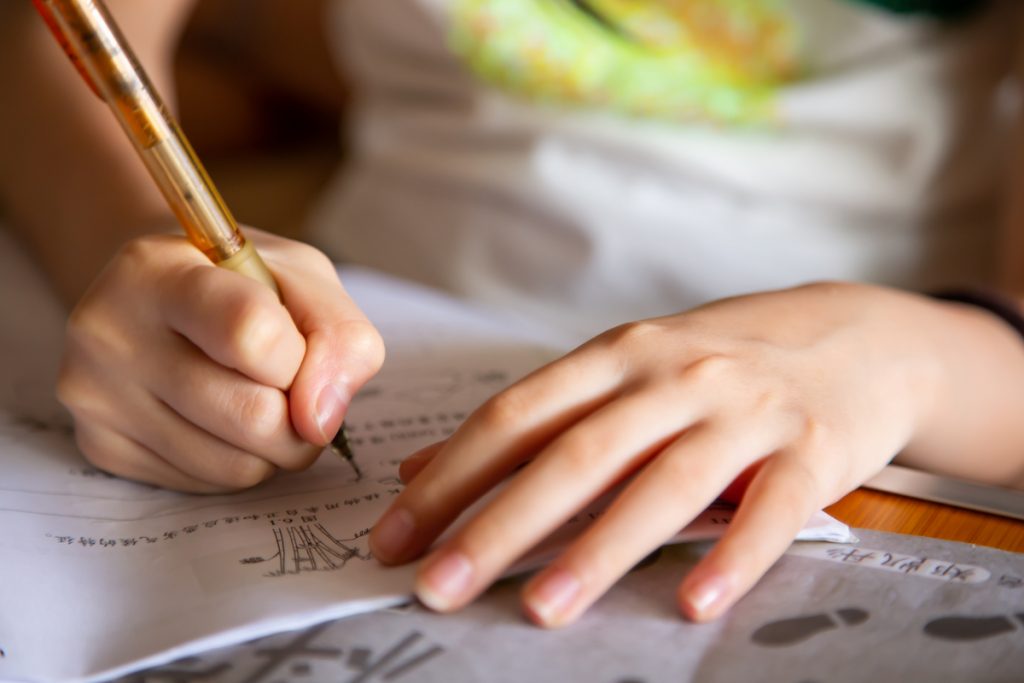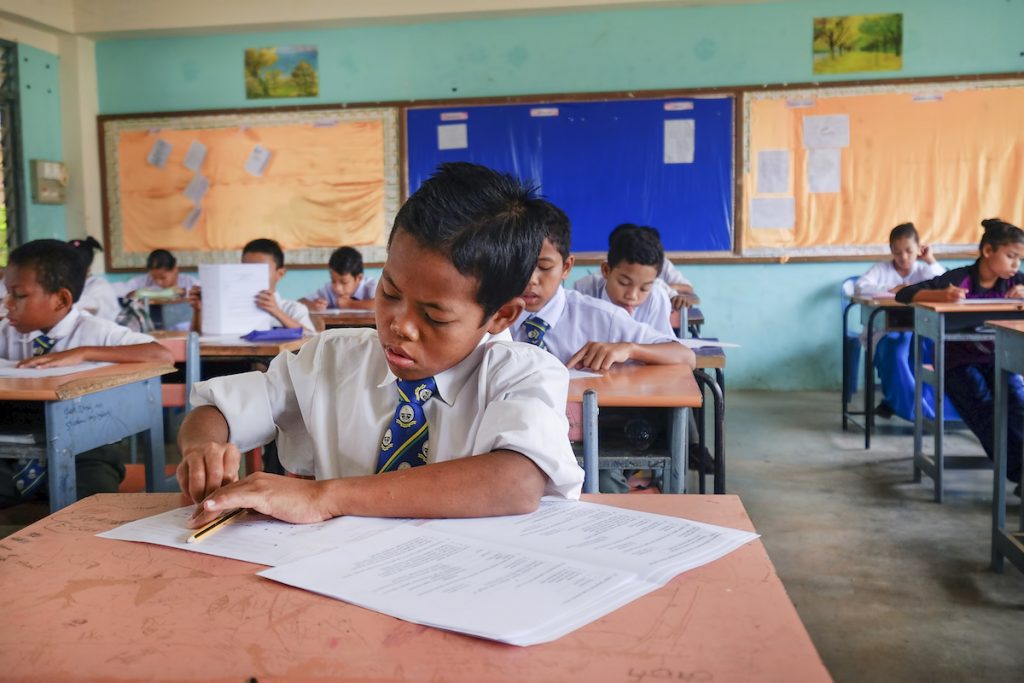As Malaysia staggers on to nearly three months in lockdown, the government is busy trying to figure out how to get the nation’s 5.4 million schoolchildren back to their desks.
By June 9, when the lockdown is scheduled to end, children will have missed almost one-third of the academic year.
While curbing the spread of the coronavirus has been a national health priority, schooling has been one of the areas to suffer as a consequence with the government cancelling some statutory annual performance exams.
Globally, social distancing has proved to be a nightmare to control for supposedly intelligent adults, so you can forgive the cold-sweat fear for those in charge looking at reopening schools, which could be akin to opening Pandora’s Box.
In the meantime, many Malaysian kids in urban areas will have had some tuition. The Ministry of Education has been active in providing online resources for teachers and parents, so they can in turn provide lessons and learning material for children.
However, despite the ministry’s efforts, two distinct problems have arisen.
While in the leafy suburbs of the Klang Valley, kids have had almost unfettered access to schooling online and their ability to keep up has more or less been down to the diligence of those responsible for them, in rural areas this is pie-in-the-sky talk.

It is difficult to talk about internet penetration rates to isolated communities in Sarawak and Sabah that do not even have electricity, while nationally 21 million people have access, from a population of 30 million.
Yet, major population centres account for almost all of this. There are no accurate figures for Sarawak and Sabah, because government data cannot be relied upon and few, if any, independent surveys have been carried out.
What data that does exist is notoriously unreliable and likely to be subject to a fair degree of fudging, given that for decades, the civil service here met all its targets, all of the time, never missed beat and was working at peak efficiency to provide for a grateful nation, so the old mantra used to go.
A case in point is a former deputy minister once said — in response to a question about national connectivity lacking compared to regional neighbours — that Malaysians were content with lower broadband speeds. Right.
Put it this way, in Sabah alone, almost 40 percent of high school children have to travel at least 9km to receive their daily education — seven times the national average distance. In Sarawak, that number rises to 50 percent.
So, it takes little imagination to understand how this impacts on facilities at home.
Teachers working in rural areas have said that poverty also is a key factor in providing lessons, with multiple children in one family having to share a device, if they have one at all.
The novelty factor has also influenced class sizes. Early in the lockdown, teachers reported that 40-50 percent of their students would regularly log in. More recently, this number has dwindled to 10 percent.
Meanwhile, tuition has not been a straightforward affair for urban schoolchildren under lockdown, where teachers were reporting initial attendance of roughly 70 percent.
The ministry has provided regular webinars for educators to stay up-to-date and apply the latest methods for online tuition.
However, these webinars — even though they are repeated regularly — are massively oversubscribed as the number of people who can log in at any one time is limited to roughly 500.
There are more than 400,000 teachers in Malaysia. They can’t all get into Microsoft Teams at the same time. Of course, they won’t all need access to the same webinar at the same time, but the queues to the virtual doorway are still too long to contemplate.
The ministry does post the webinars to YouTube at a later date, but only teachers who gain access to the original broadcasts are entitled to claim the credit towards one of their academic KPIs.
This is assuming the teacher can be bothered in the first place, because they are not compelled to do anything at all. Apparently, a nationwide lockdown absolves them of the contractual, if not moral obligation, to provide a certain standard of tuition for payment.

It seems the ministry has made the teachers’ end-of-year performance figures the motivator for teachers during the lockdown, i.e. the grades their students achieve at the end of the academic year.
According to some parent-teacher associations, this highlights everything that is wrong with the national education system.
On one hand, diligent and dedicated educators have stepped forward and provided a forum for their students to make the best of a bad situation.
At the other end of the scale, some PTAs say they have had to take on responsibility for organising their children’s schooling independently, claiming schools or individual teachers refuse to do anything.
One educator said many of his contemporaries were happy just to draw a salary and their performance meant little to them, reflecting a wider problem within the Malaysian civil service, a bloated organisation of 1.3 million or so employees.
Despite policies like the National Education Blueprint, which is supposed to encourage performance, there is an undercurrent of people within the system who have realised that they can enjoy a comfortable existence without having to do very much at all, while being safe in the knowledge the chances of them losing their job is virtually nil.
The problem in education is such a lazy devil-may-care attitude means it is the nation’s children who suffer.
Aside from the obvious issue of how to provide quality tuition or, in a lockdown, any kind of tuition, children pick up on more than the purely academic.
They, themselves, learn to be lazy; they learn not to care. Most important, they learn to take that poor attitude with them into their adult lives.
And Malaysians scratch their heads and wonder why they are being left behind by their ASEAN neighbours.
Gareth Corsi is a freelance journalist based in Malaysia. The views expressed in this article are the opinions of the author and do not necessarily reflect the editorial stance of LiCAS.news.






